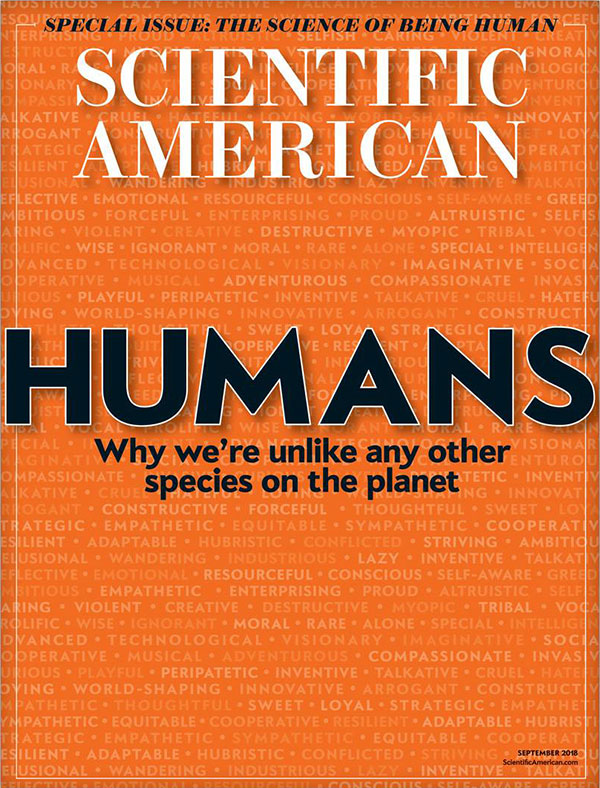Abortion Facts
Education and birth control are slowly making the politics less relevant

In May of this year the pro-life/pro-choice controversy leapt back into headlines when Ireland overwhelmingly approved a referendum to end its constitutional ban on abortion. Around the same time, the Trump administration proposed that Title X federal funding be withheld from abortion clinics as a tactic to reduce the practice, a strategy similar to that of Texas and other states to shut down clinics by burying them in an avalanche of regulations, which the U.S. Supreme Court struck down in 2016 as an undue burden on women for a constitutionally guaranteed right. If the goal is to attenuate abortions, a better strategy is to reduce unwanted pregnancies. Two methods have been proposed: abstinence and birth control.
Abstinence would obviate abortions just as starvation would forestall obesity. There is a reason no one has proposed chastity as a solution to overpopulation. Sexual asceticism doesn’t work, because physical desire is nearly as fundamental as food to our survival and flourishing. A 2008 study published in the Journal of Adolescent Health entitled “Abstinence-Only and Comprehensive Sex Education and the Initiation of Sexual Activity and Teen Pregnancy” found that among American adolescents ages 15 to 19, “abstinence-only education did not reduce the likelihood of engaging in vaginal intercourse” and that “adolescents who received comprehensive sex education had a lower risk of pregnancy than adolescents who received abstinence-only or no sex education.” A 2011 PLOS ONE paper analyzing “Abstinence-Only Education and Teen Pregnancy Rates” in 48 U.S. states concluded that “increasing emphasis on abstinence education is positively correlated with teenage pregnancy and birth rates,” controlling for socioeconomic status, educational attainment and ethnicity. (continue reading…)


